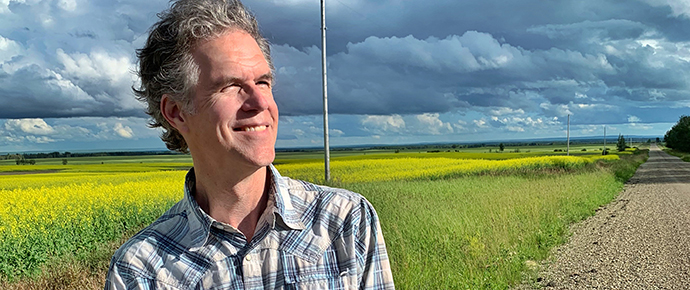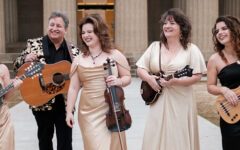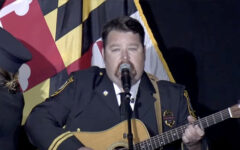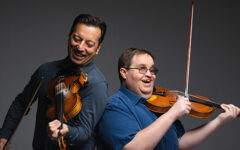
As you may have noticed we live in a world of evolving language. The prevalence of texting has certainly been a big influence, as we seek more and more concise ways to express ourselves (when an appropriate emoji isn’t available for the purpose). The business community is also partly responsible, because nothing says that you’re a moving, shaking captain of industry like butchering your native language around a conference table or during a zoom meeting.
It’s the business world who brought us “networking,” and more recently, “permissioning,” (as a substitute for “granting permission” or even “asking permission”), as well as “costing” (for checking the cost of something). We now also have an “ask,” in lieu of a “request.”
Church-goers have for years used “fellowship” as a verb, which may have been influenced by the language-busting boardroom crowd, or they may just be confused by the fact that “worship” also ends with “ship,” and is both a noun and a verb, so why shouldn’t “fellowship” work the same way?
You might notice a pattern here, aside from the fact that these words cause an involuntary cringe response: they all involve changing a noun to a verb or vice versa. They also usually save a word or two, or in the case of “ask” as a noun, one syllable. Over the period of a year, this may save up to ten minutes of your life, freeing you to spend more time scrolling through Facebook or just singing Barbara Allen once.
Do we do this in bluegrass? Yes we do, and I’ll give some examples, but we can definitely do more because we could all use a little more time to get the mandolin more in tune before hitting the stage or adding an extra verse to White Dove about Mother and Daddy coming back to life.
We already turn “fiddle” into a verb (“Fiddle one for us, Chubby!”). “Jam” is already a noun and a verb: we “jam” as opposed to “have a jam.” And we jam at a “jam,” instead of a “jam session,” again freeing up that all-important second it takes to say “session.”
Here are some other ways we can save some words by turning nouns into verbs (or “verbing,” to be more efficient):
Taking a cue from “fiddle,” we can use that with other instruments. We can add bass to a song by “bassing” it. “Can you banjo that?” can be used instead of “Can you play a banjo break there, if it feels like an appropriate place in the song to do it?” Congratulations! You just saved 16 words. Or, maybe I should have said, “Congrats! Much shorter.”
Instead of “singing on” something, or “adding vocals,” we can just “vocal” it, saving at least one word. We already say, “I’ll tenor that” for adding a tenor part, or “Let’s duet that.”
Here’s a useful time-saving phrase when requesting that a band member add a harmony part to a section of a song: “I have an ask: can you harmony that?”
The business world also brought us “actionable.” Can we have “quartetable” songs, if we add a bass part (or “bass” it)? If we convert a song from 4/4 to 3/4 time, is it “waltzable”?
Recently I heard someone referring to someone’s reason for doing something as their “why” for doing it. Could your instrumental technique be your “how?” “Presenting the How of Scruggs-style Banjo” makes a nice instructional course name (and by “nice” I mean “irritating” but “nice” saves three syllables).
As you know from the Christmas season, “gift” has been verbed, so we no longer give people things, we “gift” them things. “Gifting my friend a guitar,” and “giving my friend a guitar” saves no time at all, and it’s also very expensive. However, in that spirit, for bandleaders who still write checks to their bandmembers, rather than “pay” them, you might just “paycheck” them. That actually takes longer, so now you might have to shorten your White Dove arrangement rather than add your parent-resurrecting verse. In other words, you may need to “unverse” it.
By the way, all of this time and word-saving by verbing and nouning is negated by the habit of beginning every answer to a question with “so.”







